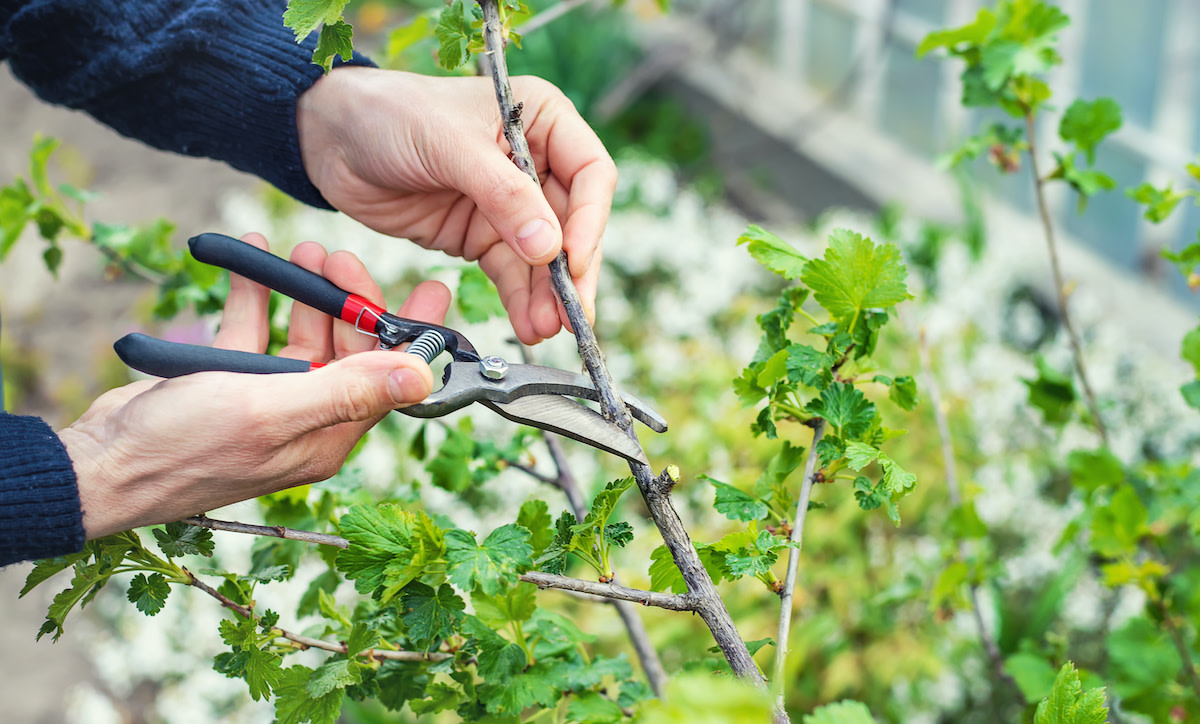Overwintering Explained: How to Overwinter Your Garden
Written by MasterClass
Last updated: Jan 19, 2022 • 3 min read
Learn how to overwinter plants, a technique that growers use to protect fragile plants from the cold temperatures of winter.
Learn From the Best
What Is Overwintering?
Overwintering is the technique of protecting outdoor plants from winter's freezing temperatures. Only mild overwintering is needed for hardy plants that are growing somewhere close to their native habitat. Plants living far outside their ideal USDA hardiness zone need more drastic care to protect them before the first frost. Plants living in an area that never freezes (such as Florida or much of the West Coast) may not need any overwintering care.
How to Overwinter Your Garden
Depending on your assortment of garden plants and your USDA hardiness zone, you have many options for protecting your plants from cold weather.
- 1. Strategically prune your plants. Perennials that can handle seasonal cold temperatures go dormant during the winter months. The leaves fall off, not to return until the next spring. To help your plant survive this period of dormancy, cut back extraneous branches, which lowers the region that the plant has to keep nourished. Cover the base of the plant with extra mulch, which traps heat. Hardy plants like azaleas, rhododendrons, and hardy hibiscus can weather these winter months and bounce back with new growth in the spring.
- 2. Build a cold frame. A cold frame is a wooden frame covered in clear plastic sheeting that goes over plants during the winter. The clear plastic sheeting traps heat from the soil while allowing solar radiation to penetrate. It also blocks precipitation from reaching the plants, so only use this technique on plants that require little water from late fall through late winter.
- 3. Store your plants in a basement or garage. If your plants are not likely to survive frozen soil, you have the option of digging them up and keeping them in a cool, dark space like a garage, shed, or basement. This works particularly well for corms, tubers, or plants that form bulbs. Simply cut back the foliage, dig up the entire plant, and brush away all the dirt. A temperature between forty and fifty-five degrees Fahrenheit is optimal, which keeps the plants from freezing or blooming too early.
- 4. Turn garden plants into temporary houseplants. Sometimes the best way to overwinter a plant is to dig it up, plant it in a large pot full of potting soil, and keep it in your home for the winter. This works particularly well for new plants that have not yet put down deep root systems. Succulents can benefit from this treatment, as can herbs, begonias, impatiens, and geraniums. Many of these plants require direct sunlight, so keep them near a sunny windowsill for the best results. They also may be more susceptible to pests like aphids and gnats, so apply neem oil if you notice an infestation.
3 Types of Plants That Benefit from Overwintering
Some plants benefit from extra care during the winter.
- 1. Tubers, corms, and plants with bulbs: Plants like cannas, dahlias, elephant ears, and even the simple potato can overwinter in a cool basement, shed, or garage. Keep the bulbs and tubers dry and out of the dirt. When spring rolls around, return them to the soil, where they will emerge from dormancy.
- 2. Herbs: Rosemary, mint, oregano, chives, and parsley should be dug up and planted in potting soil for the winter. Treat them as you would other houseplants and give them plenty of sunshine.
- 3. Ornamental leafy plants: Certain plants with ornamental leaves—like coleus, caladiums, and Boston ferns—do best when treated as winter houseplants. You can see this in action at garden centers, where they are moved inside or into greenhouses during the winter months.
Learn More
Grow your own garden with Ron Finley, the self-described "Gangster Gardener." Get the MasterClass Annual Membership and learn how to cultivate fresh herbs and vegetables, keep your house plants alive, and use compost to make your community—and the world—a better place.
